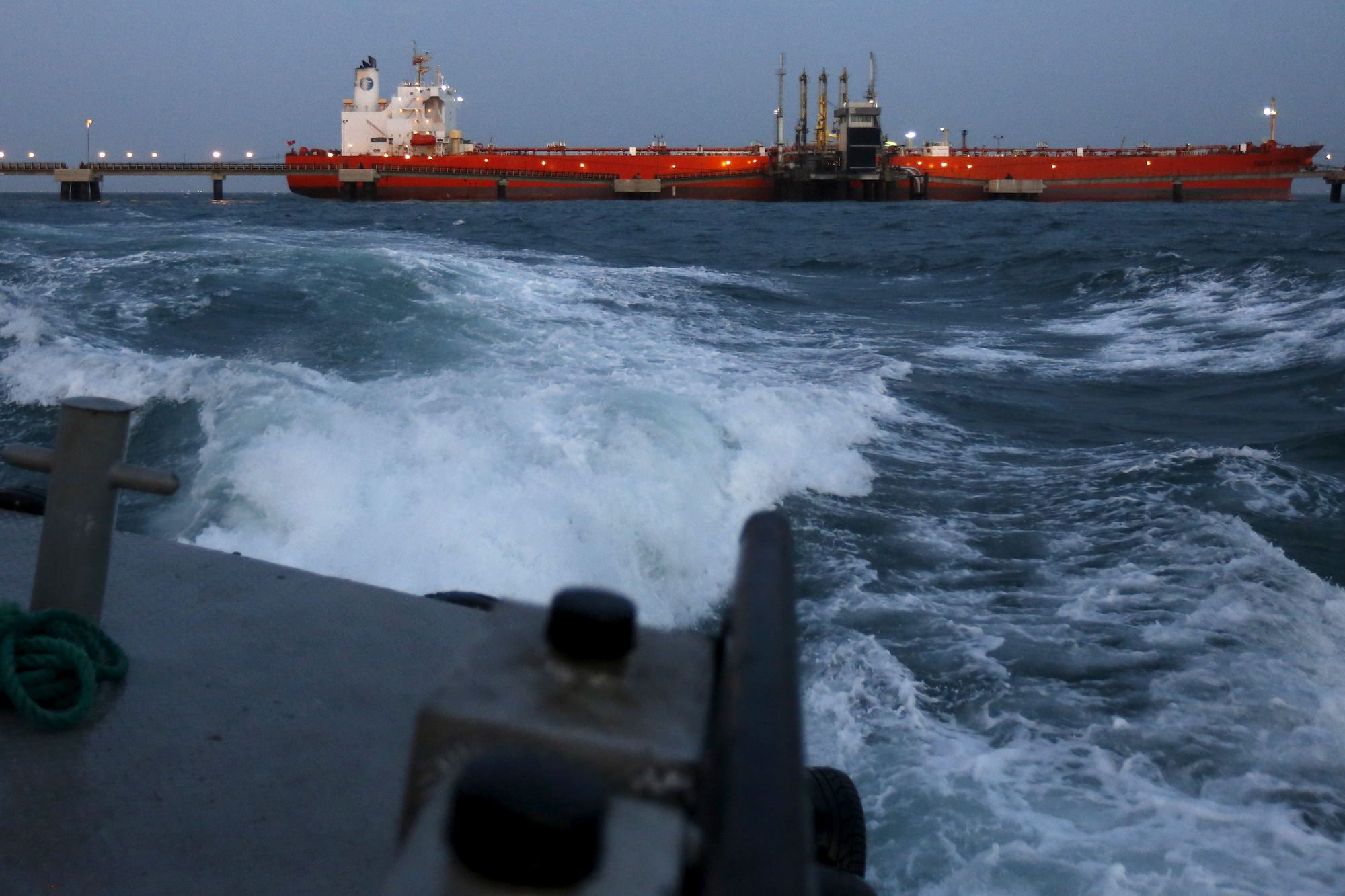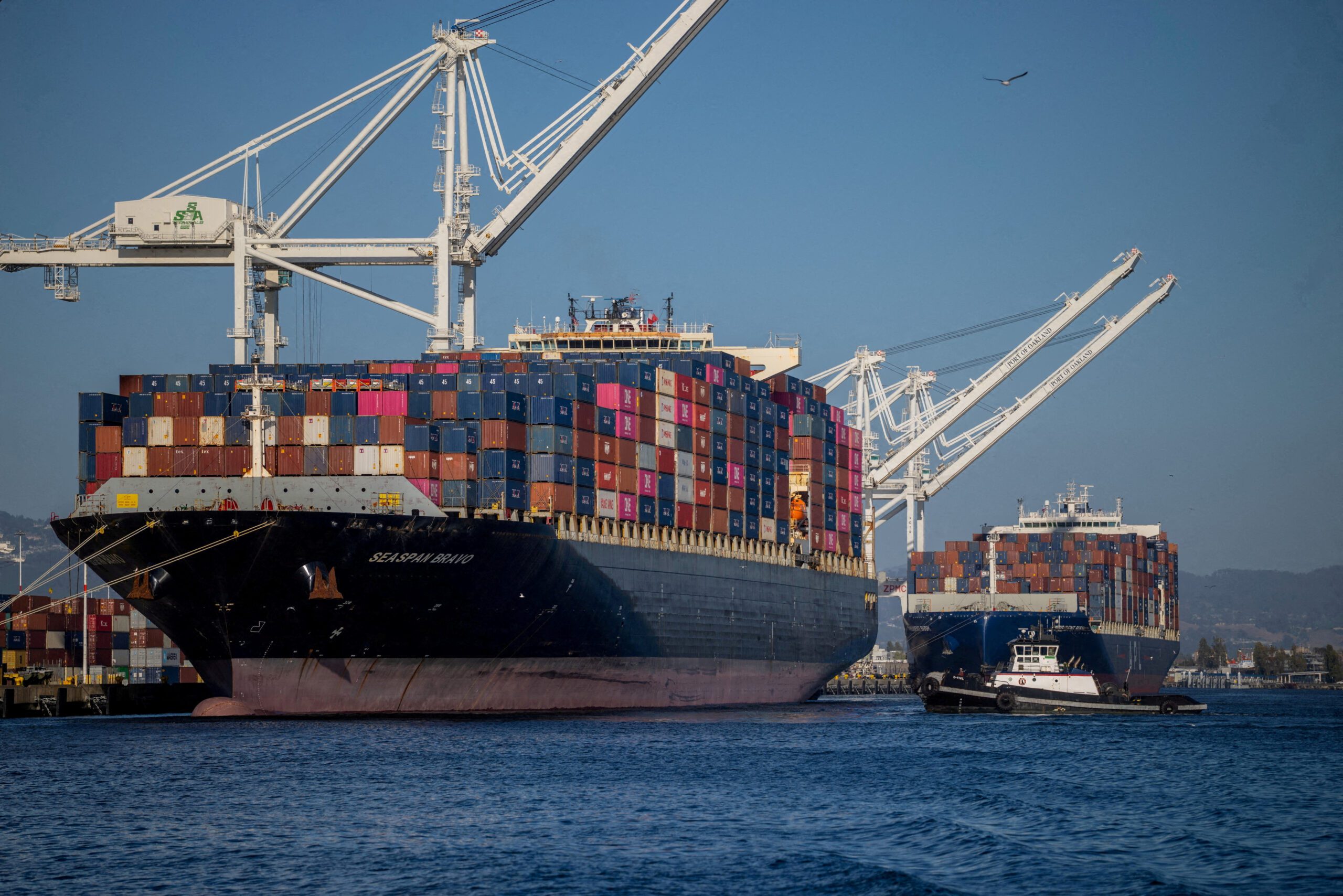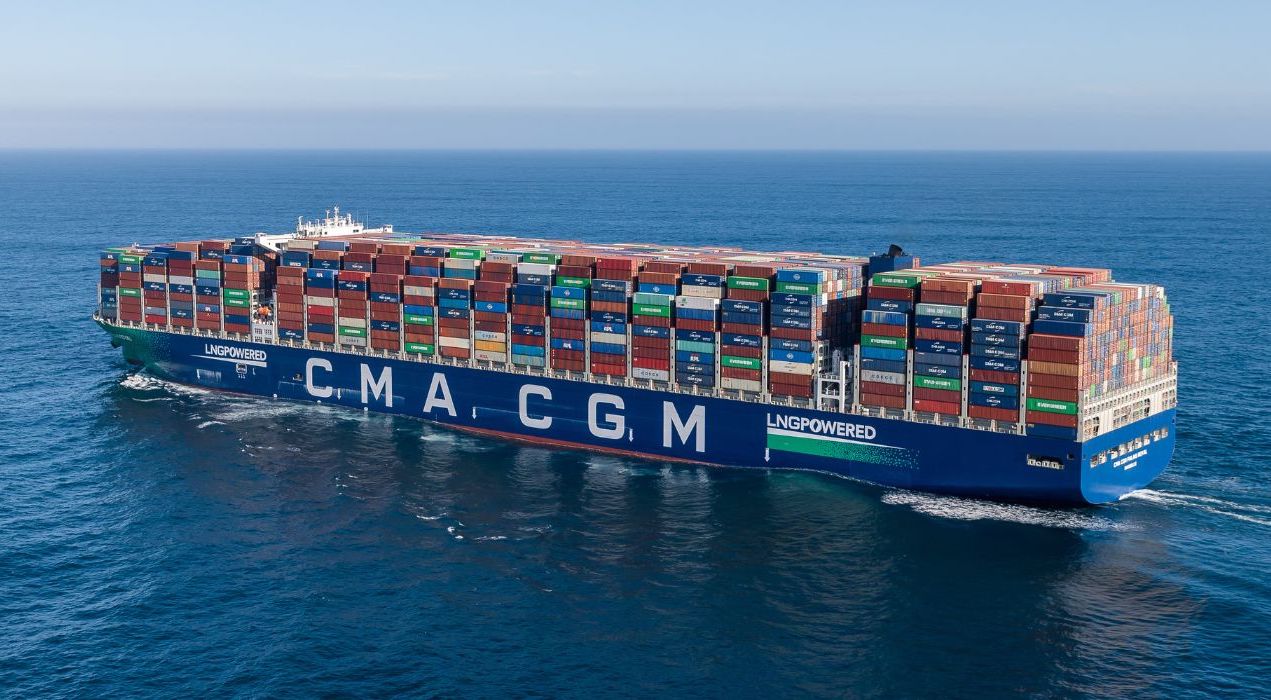By Marianna Parraga and Mircely Guanipa
HOUSTON/PUNTO FIJO, Venezuela, April 4 (Reuters) – Venezuela’s oil exports rose in March to the highest monthly average since August, boosted by a resumption of loadings after an export freeze and by rising cargoes assigned to Chevron Corp, according to documents and shipping data.
State oil company PDVSA has reinstated two export contracts after a January freeze by new boss Pedro Tellechea: a medium-term contract with Hangzhou Energy, and another with Portugal-based Adinius Sociedade de Servicios, the documents showed.
Those two customers accounted for the largest portion of exports, a sign that PDVSA is consolidating contracts it had with dozens of little-known firms responsible for the loss of billions of dollars from failed payments into fewer agreements.
Oil swap deals with Chevron, Cuba’s state company Cubametales and Iran’s Naftiran Intertrade Co (NICO) – and most exports of oil byproducts – have continued flowing without interruption during the freeze.
PDVSA and its joint ventures in March shipped a total of 774,420 barrels per day (bpd) of crude and fuel, mainly to China, a rebound from the low figures registered in the two previous months, the documents and data showed.
Eight very large crude carriers (VLCC) set sail from Venezuelan ports, which eased a tanker bottleneck that had built up since early 2023.
Chevron received and exported about 115,000 bpd of Venezuelan heavy crude to the U.S., an increase from about 80,000 bpd in February.
PDVSA and Venezuela’s oil ministry did not reply to a request for comment. Hangzhou Energy and Adinius Sociedade de Servicios could not be reached for comment.
An Iranian supertanker, the Sea Star III, arrived in Venezuelan waters on the weekend carrying 2.1 million barrels of condensate to dilute PDVSA’s oil, according to monitoring firm TankerTrackers.com. The vessel, owned by National Iranian Tanker Company, had its tracker offline since February when it set sail from Assaluyeh.
Venezuela also exported 276,000 metric tonnes of oil byproducts, a decrease from the 347,000 tonnes of the previous month and from 727,000 tonnes in January, as shipments of petroleum coke declined.
As part of an extended audit of its supply contracts, PDVSA is reviewing accounts of Geneva-based firm Maroil Trading, owned by Venezuelan shipping magnate Wilmer Ruperti, over outstanding debts from petroleum coke supply. Ruperti last week said the situation “was resolved.”
All contract revisions are part of a widespread anti-corruption probe that has resulted in the arrest of more than 40 officials and businessmen, according to the Venezuelan attorney general’s office. Powerful Oil Minister Tareck El Aissami resigned last month amid the investigation.
(Reporting by Marianna Parraga in Houston, and Mircely Guanipa in Punto fijo, Venezuela; editing by Jonathan Oatis and Marguerita Choy)
(c) Copyright Thomson Reuters 2023.

 Join The Club
Join The Club












